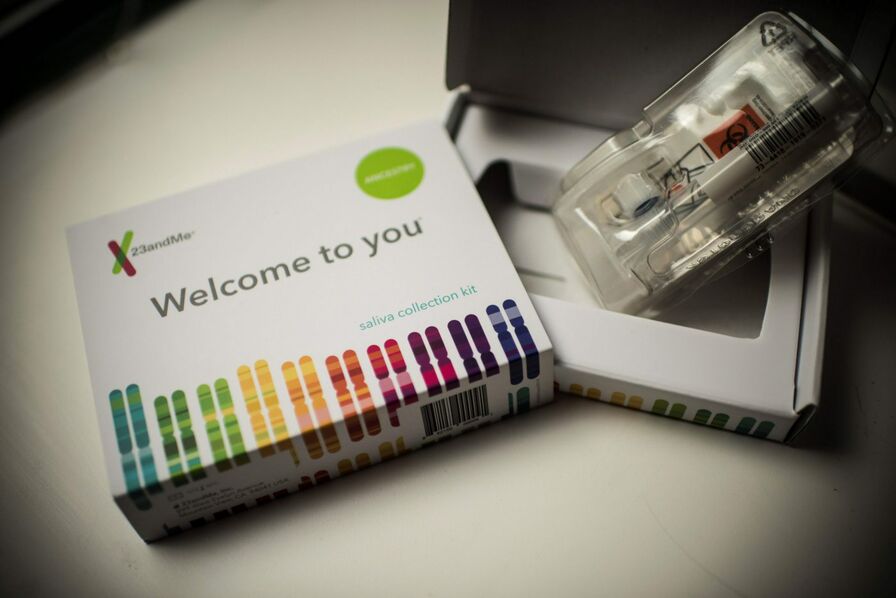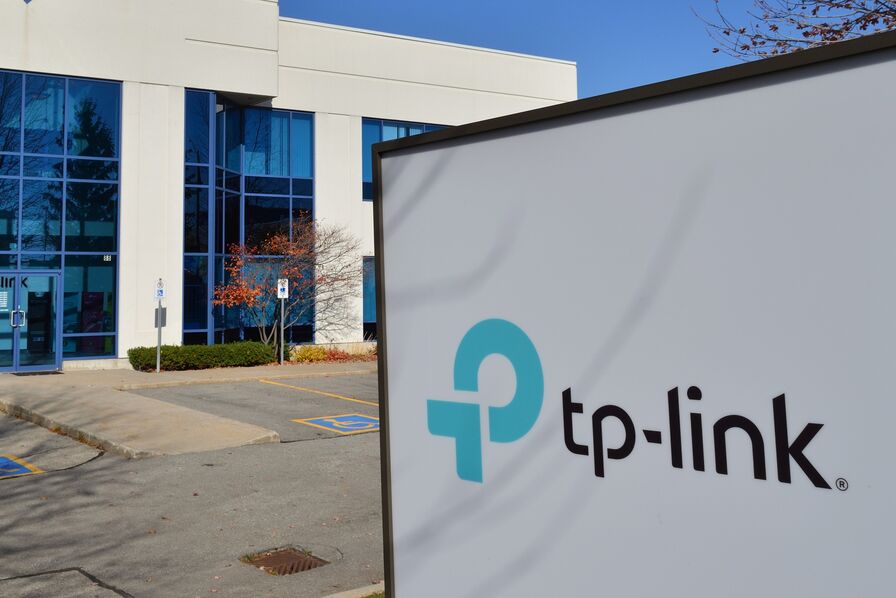
Mired in ongoing financial difficulties, 23andMe now poses a threat to its customers. “If you have an account, log in and request that your data be deleted,” Recommends Eva Galperin, director of cybersecurity at the Electronic Frontier Foundation.
23andMe, founded by Anne Wojcicki, offers recreational genetic testing, which is done at home after a collection kit is sent out. These analyzes must allow, for example, to determine their geographical origins. Or genetic predisposition to certain diseases. The validity of these tests, which are still banned in France, is being questioned by experts.
15 million genetic files
Despite everything, more than 15 million people have taken these tests since 2006. The American company still keeps these genetic files in its database. It also shares profiles, anonymously, with British laboratory GlaxoSmithKline as part of its pharmaceutical research.
The question now is what will happen to its data if 23andMe’s difficulties worsen. For example, if a company goes bankrupt, which leads to the sale of its assets. Or if it is purchased by a group aiming to further monetize the combined genetic profits. In the United States, 23andMe is not subject to any regulations regarding the use of its data. Another risk: A company, looking for savings, may be more vulnerable to computer attacks
Data leak
23andMe’s problems were exacerbated by… Major data leak in 2023which allowed hackers to obtain personal data and test results related to the assets of several million customers. The data of one million people, including Elon Musk, Mark Zuckerberg and Sergey Brin, ended up for sale on a specialized forum.
Since then, the company’s sales volume has decreased significantly. Its cash flows have melted: it may run out of cash next year. On the stock market, its capitalization fell to $150 million, compared to six billion in 2021. In September, seven members of the board of directors resigned, explaining that they no longer trusted Susan Wojcicki.







